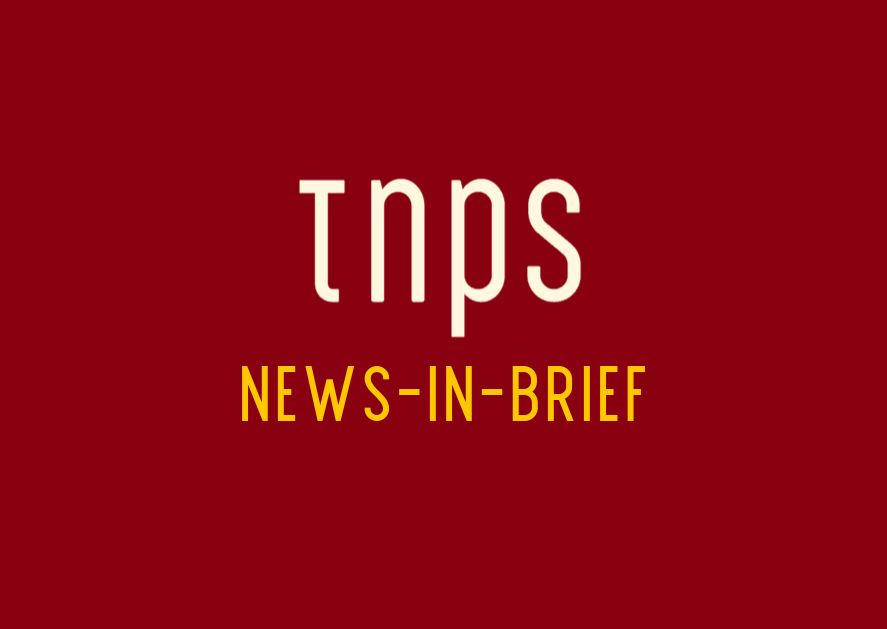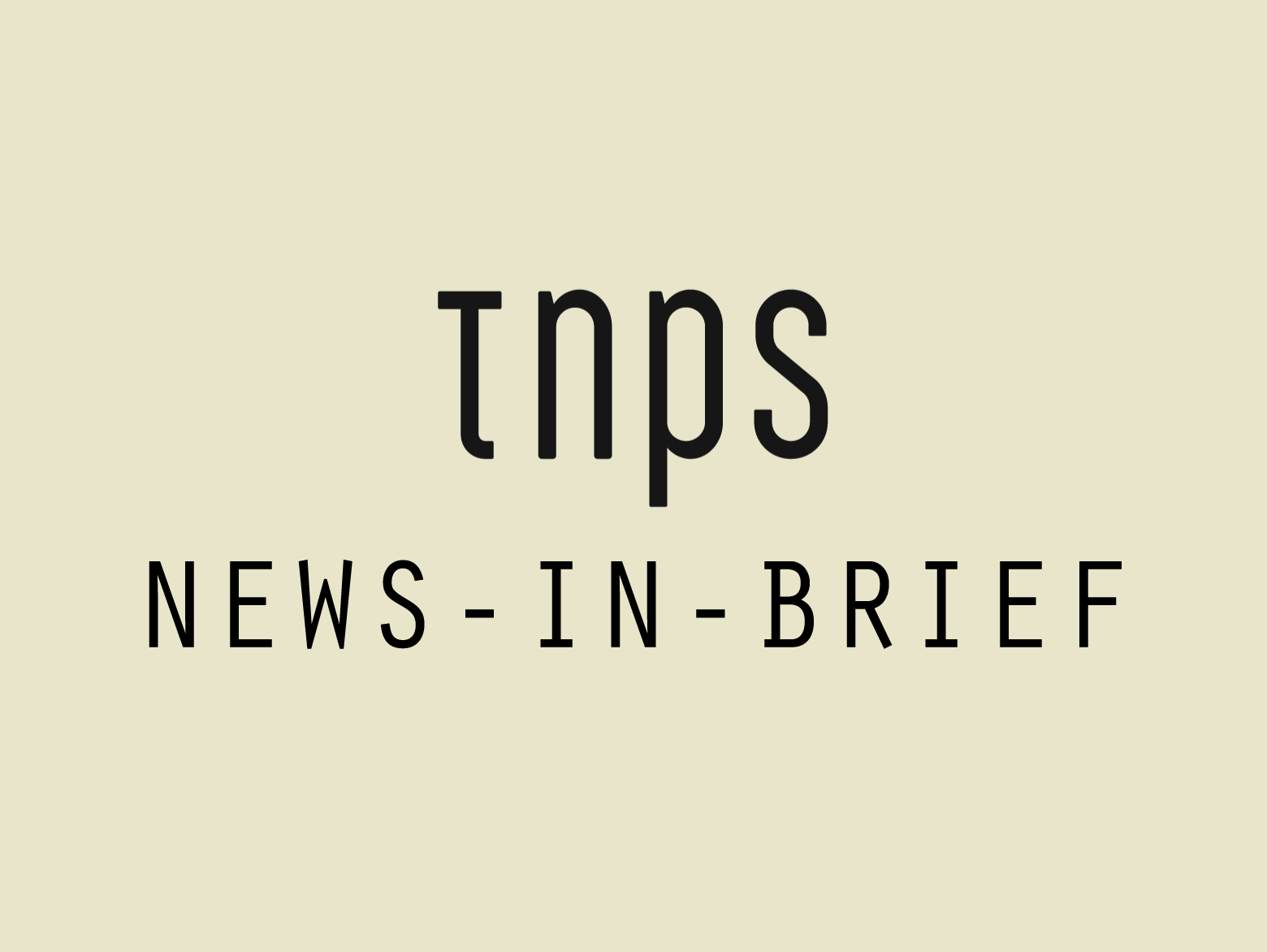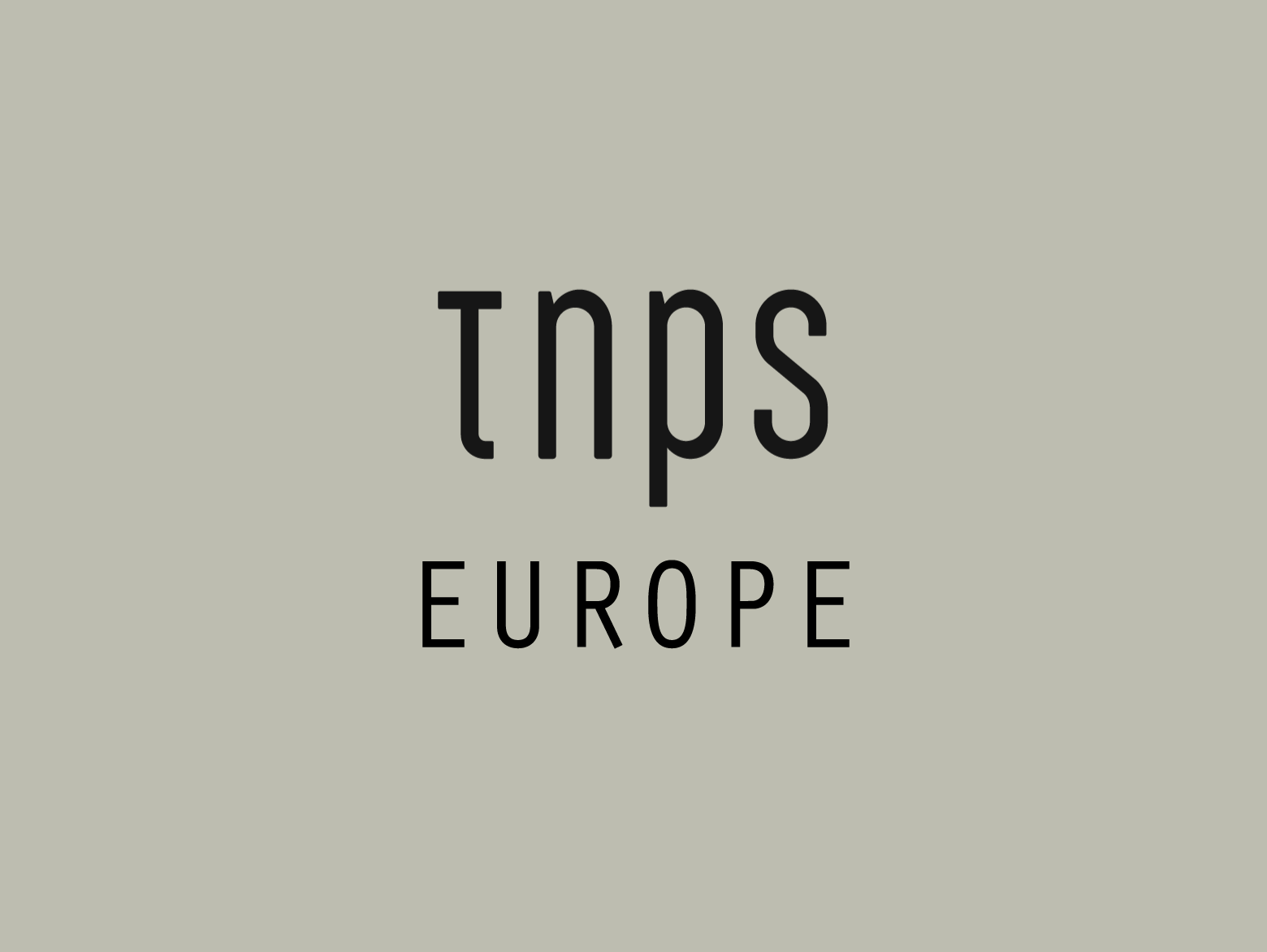A constant theme here at TNPS is the importance of publishers taking a holistic approach to the business, and looking at and learning from adjacent industries.
Publishing is a broad term, of course, so the headline that Google and Snapchat, according to a Digiday survey, are driving publisher revenues does not refer specifically to book publishers.
But there’s enough overlap here to be of serious interest. Whether a publisher is selling content direct, or driving traffic to a sales point, what matters is which avenues deliver results.
Google (AMP) tops the bill with 67% of survey respondents claiming Google delivers good returns. No surprise there.
YouTube comes in at 54%, and Facebook at 49%. Nothing to be sneezed at.
But coming in at an almost too close for comfort second place behind Google is the post-Facebook Millennial platform Snapchat, with a remarkable 65%, putting it way ahead of either YouTube or Facebook.

When it came to actually earning profit from posted content the numbers again show Snapchat in second place. This of course a further step away from book publishing, but the takeaway is still clear. Snapchat is worth a closer look, and especially so for publishers targeting Gen Z.

Without wishing to turn this post into an advertisement for Snapchat, I’ll end with this quote (and links) from the Digiday report summary via What’s New In Publishing
In addition, Snapchat’s strength is an in-depth understanding of their core audience. The company recently released a report, Into Z Future: Understanding Generation Z, a 70-page outline of key Gen Z habits and trends, which includes a trove of relevant insights and stats. They also partnered with GlobalWebIndex for a report, Global Trends Among Gen Z, looking at the younger generation through a different lens: mobile behavior.






Google works only if one throws indecent lots of money at it to get into the search results. The search results themselves only allow a tiny percentage of results to be accessed. After a while the thousands available are not unless one knows the URL. Imagine 99% of the yellow pages glued shut and you get an idea of what search results are available to the browser.